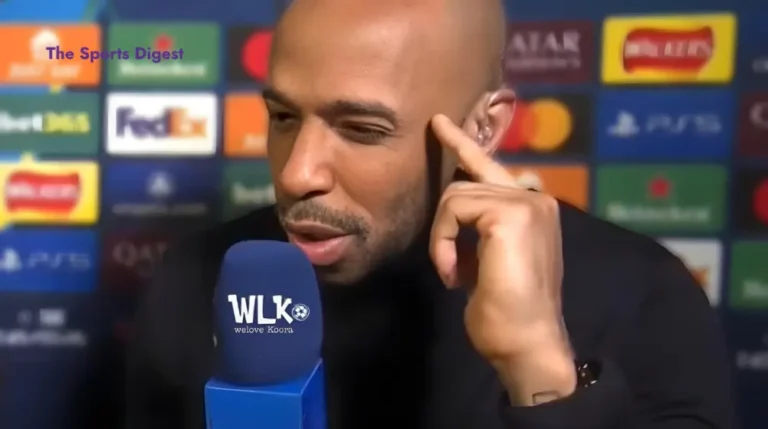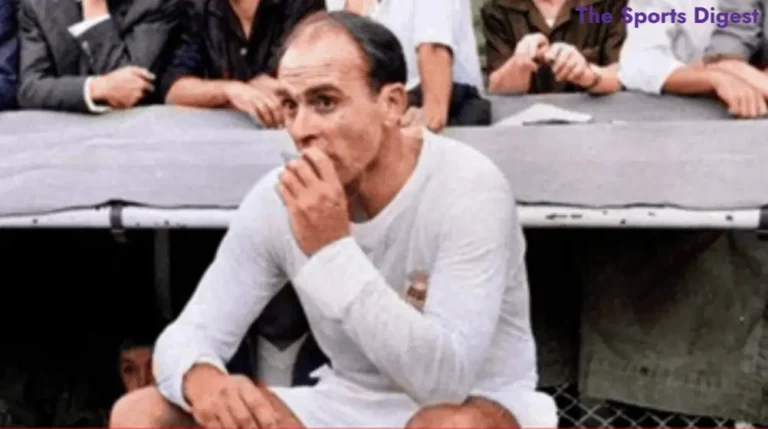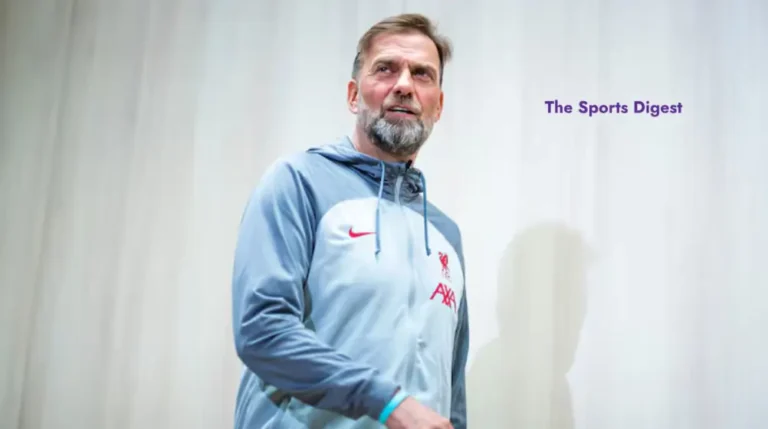Edgar Davids: Settles the Debate
Davids played a pivotal role in reigniting FC Barcelona’s competitive spirit during a crucial turning point in 2004. His arrival brought intensity, aggression, and balance to the midfield—qualities that proved essential in the club’s resurgence. FC Barcelona’s identity has been profoundly shaped by Dutch footballing principles, a connection that traces back to Johan Cruyff’s transformative influence. Cruyff’s philosophy—centered on treating the ball well—established the foundation upon which Pep Guardiola would later build his revolutionary possession-based football system. This Dutch lineage continued through Ronald Koeman’s crucial role in Cruyff’s 1992 European Cup-winning team and Louis van Gaal’s back-to-back league titles, setting the stage for Frank Rijkaard’s arrival at the club.
Table of Contents
Barcelona’s Struggles in 2003/04
The revolutionary era that would follow seems almost inconceivable given Barcelona’s struggles during the 2003/04 season. The club was firmly “stuck in a rut,” trailing significantly behind the “Galácticos” of Real Madrid and a formidable Valencia side. Rijkaard’s first season as manager was “quickly unravelling,” punctuated by a demoralizing home defeat to Real Madrid that left Barcelona languishing in seventh place after 15 games.
Adding to their woes was the failed pursuit of David Beckham in the summer of 2003—a setback that represented both a commercial and symbolic blow to the club. Real Madrid’s successful acquisition of the English star only further highlighted their dominance over their Catalan rivals during this period.
The Tactical Deficiency: An Aging Midfield
Despite boasting talented players like Ronaldinho, Xavi, and Carles Puyol, Barcelona lacked the balance necessary for success. The central midfield pairing of Luis Enrique and Phillip Cocu, once pillars of the team, had become a liability—frequently “overrun” and unable to provide adequate protection for the defense.
This absence of a “solid base” created a domino effect of problems throughout the team. Attacking talents like Ronaldinho and Luis García were forced to drop deeper to retrieve the ball, while Xavi—who would later become the orchestrator of Barcelona’s tiki-taka style—found himself “progressively starved of possession” and unable to control the flow of games.
Edgar Davids: The Solution from Juventus
Meanwhile in Turin, Edgar Davids had become “surplus to requirements” under Juventus manager Marcello Lippi. Rijkaard, recognizing both Barcelona’s midfield deficiencies and Davids’ availability, moved decisively to sign the “caged pit bull desperate for release” on a loan deal.
Davids cut a distinctive figure on the pitch with his trademark protective goggles and dreadlocks. His appearance and playing style stood in stark contrast to the typical Barcelona midfielder, representing a departure from the club’s traditional preference for technical, ball-playing midfielders.
Immediate Impact on Barcelona’s Fortunes
While Davids’ debut resulted in a modest draw, there were clear “signs that something was beginning to change.” The Dutch midfielder immediately brought a “tenacious competitiveness” to Barcelona’s engine room, providing much-needed protection to the defense and adding “bite and a backbone” to a team that had previously lacked these qualities.
Interestingly, Davids’ aggressive, ball-winning style seemed at odds with Cruyff’s possession-based ideals. Yet his effectiveness was undeniable, as Barcelona embarked on a remarkable nine-game winning streak following his integration into the team.
Statistical Validation of Davids’ Influence
The article presents compelling statistical evidence of Davids’ transformative impact. Before his arrival, Barcelona had conceded 25 goals in their first 19 games; after he joined, they conceded just 14 in the remaining matches of the season. The improvement wasn’t limited to defense—the team’s attacking output also increased significantly, from 26 goals to 37 over the same periods, highlighting the improved balance Davids brought to the squad.
Liberating Barcelona’s Creative Talents
Perhaps Davids’ most significant contribution was how his presence liberated Barcelona’s creative players. Ronaldinho, freed from defensive responsibilities, now played with greater “freedom and creativity,” flourishing in a more central attacking role that would see him develop into the world’s best player during this period.
Similarly, Xavi found himself “newly released from destruction duties.” No longer burdened with extensive defensive work, he could develop into the “conductor” in midfield that he was destined to become—receiving the ball won by Davids and orchestrating Barcelona’s attacks with his exceptional vision and passing range.
El Clásico Victory: The Defining Moment
The away match against Real Madrid stands as the “defining contribution” of Davids’ time at Barcelona and the clearest indicator of the team’s remarkable progress. Davids played a crucial role in containing Zinedine Zidane, effectively neutralizing Real Madrid’s most dangerous attacking threat.
Xavi’s late winning goal in that match, made possible by the improved team dynamic, proved “emblematic of the reign which would follow”—a harbinger of Barcelona’s coming dominance.
Brief Stay, Lasting Legacy
Despite the brevity of his loan spell, Davids’ impact was profound. Barcelona achieved 14 wins and suffered just two losses in the 19 games he played before moving to Inter Milan at season’s end. More importantly, he had demonstrated the crucial importance of balancing midfield creativity with “defensive attrition.”
Catalyst for Future Success
Davids’ arrival at Barcelona highlighted the vital role of a holding midfielder in a possession-based system. His impact paved the way for the development of Barcelona’s subsequent midfield structures, creating an environment where creative players like Xavi, Andrés Iniesta, Deco, and Ludovic Giuly could flourish.
The subsequent deployment of holding midfielders such as Thiago Motta, Edmílson, and Mark van Bommel—all of whom contributed to Barcelona winning a Champions League title and two LaLiga championships—can be directly linked to the foundation laid by Davids. Even Guardiola’s later promotion of Sergio Busquets further reinforced the importance of this role in Barcelona’s system and helped usher in the Lionel Messi era.
Beyond Tactics: A Mental Transformation
Davids’ contribution extended beyond tactical improvements. He instilled a crucial “competitive edge” and an “internal drive” within the team that had previously been lacking. His influence manifested in how Barcelona’s midfielders, particularly Xavi and Iniesta, began to press and harry opponents after losing possession—a characteristic that would become a hallmark of Barcelona’s later dominance.
Conclusion: A Revolution Ignited
Edgar Davids’ loan spell at Barcelona stands as potentially the “most successful—at least the most defining—in the history of the game.” Despite its brevity, his time at the club represented a pivotal moment that helped transform Barcelona from underachievers to the dominant force they would become.
The pit bull had indeed kick-started a revolution.
Have you ever read an article like this?
There are no reviews yet. Be the first one to write one.






